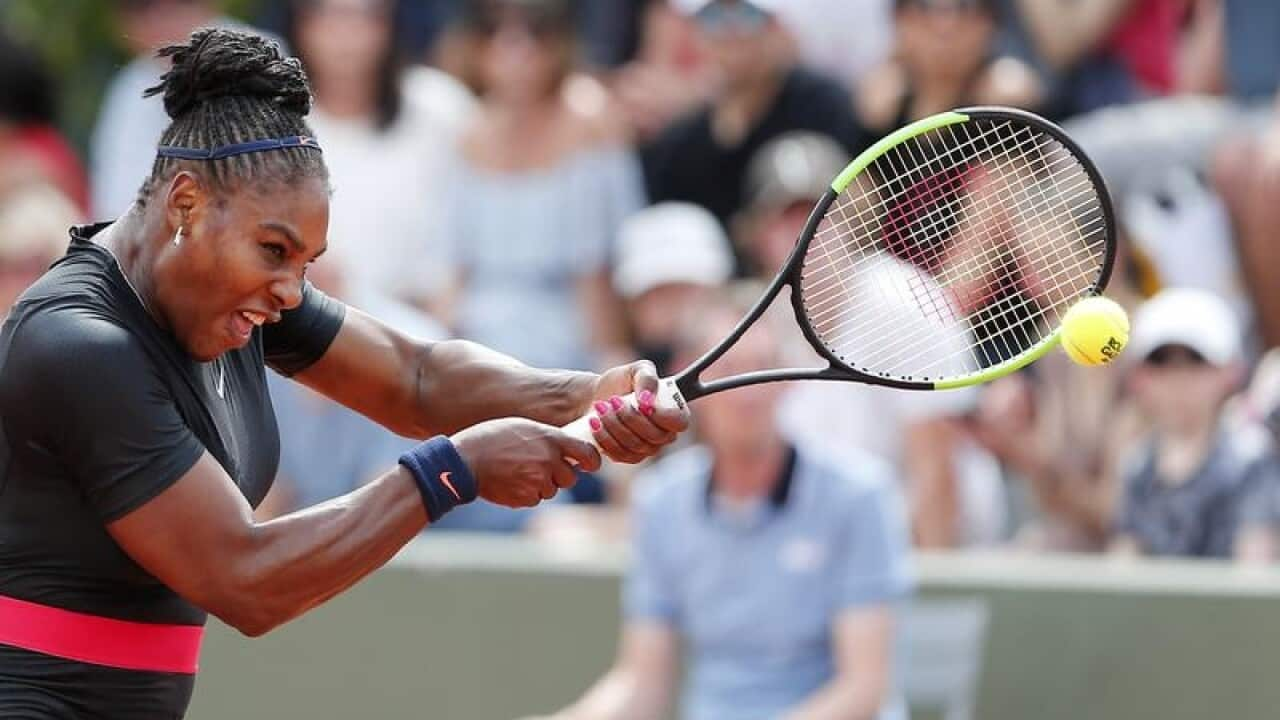COMMENT
If there’s one thing the internet loves, it’s a pile-on. And Serena Williams is today’s recipient after a fiery US Open final saw her lose the tournament to newcomer Naomi Osaka. It was a controversial match, which ended with what should have been a triumphant moment for 20-year-old Osaka tarnished by accusations of sexism and boos from the crowd.
Today, many people are blaming Williams for ruining that moment. After Carlos Ramos penalised her with a warning for receiving coaching from the player’s box, a visibly upset Williams
While Williams could have moved on after that initial infraction, she was angered by what she believed as an abuse of power. As tennis great Billie Jean King , Ramos “chose to give Williams very little latitude in a match where the stakes were highest.” However, whether or not the infraction was fair is not really the point because as King highlights,“for [Williams], and for many other women who have experienced an abuse of power at their workplaces, there was more at stake.”
When on court (gentlemen of the game Roger Federer told an umpire during the 2009 US Open final) it’s dismissed with the next day of play, but Williams is held to a higher level of scrutiny.
Every time she steps onto the court, it’s political. Here is a woman who has faced throughout her career, who faces a bias where people celebrate her losses. Her critics lambast her for being too outspoken, too aggressive, too big, too showy, too emotional. They comment on her and critique her furious rants on court as an .
That’s because Williams is so much more than a good tennis player. Yes, she’s the greatest female tennis player of all time, but she’s also fighting for so much more.
She’s trying to break down barriers of structural racism and sexism, and push for equality and justice. Tennis has been her launching pad but ultimately, she is bigger than this game.
And her so-called meltdown will not be her undoing, nor will it be her legacy. While other tennis players may retire to a career of commentary and TV appearances, Williams has a higher calling and her influence extends far beyond sport.
She transcends tennis where even those who are not sports fans celebrate her boldness, her outspoken nature and her confidence.
Williams has been called following her loss to Osaka. But in reality, she has just shown that she’s human. There’s no such thing as a perfect role model. Role models don’t exist in an unattainable world of humility and grace, and as Williams has demonstrated, they wear their emotions on their sleeves and are unafraid to call out injustices as they see it.
During the trophy presentation after the final, Williams reaffirmed her role model status. As boos echoed in the arena and Osaka hid her eyes behind her visor and cried, Williams put her arm around the champion and , “I just want to tell you guys she played well and this is her first Grand Slam….Let’s make this the best moment we can. Let’s give everyone credit where credits due… Let’s not boo anymore. We will get through this. No more booing. Let’s be positive. Congratulations, Naomi.”
After a tense and flawed final, Osaka and Williams showed that it should have been a beautiful moment between a young player and her tennis idol. As Osaka said in a post-match interview, “When I step on the court, I feel like a different person, right. I’m not a Serena fan. I’m just a tennis player playing another tennis player. But then when I hugged her at the net…when I hugged her at the net I felt like a little kid again.”
And ultimately, Williams has paved the way for women like Osaka. In her post-match press conference, Williams choked back tears as she recounted the moment on court.
“The fact that I have to go through this is just an example for the next person, that has emotions, that want to express themselves and they want to be a strong woman. And they are going to be able to do that because of today," she said. "Maybe it didn’t work out for me but it’s going to work out for the next person.”
If that’s not a role model, I don’t know what is.




